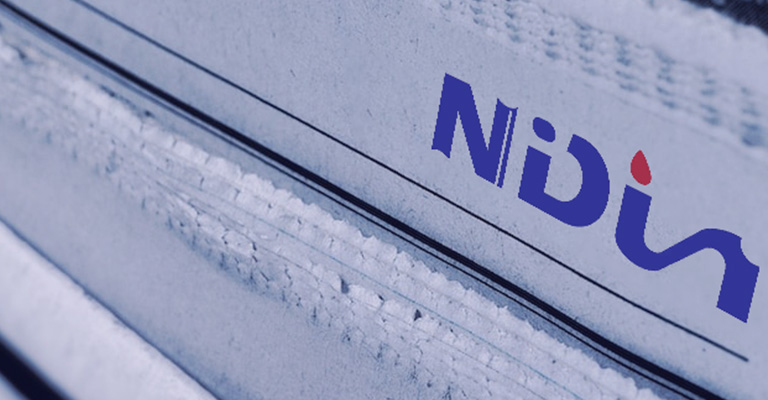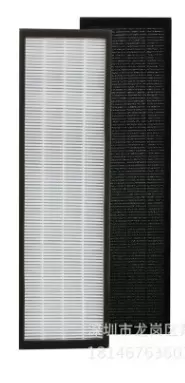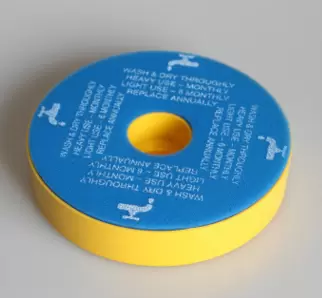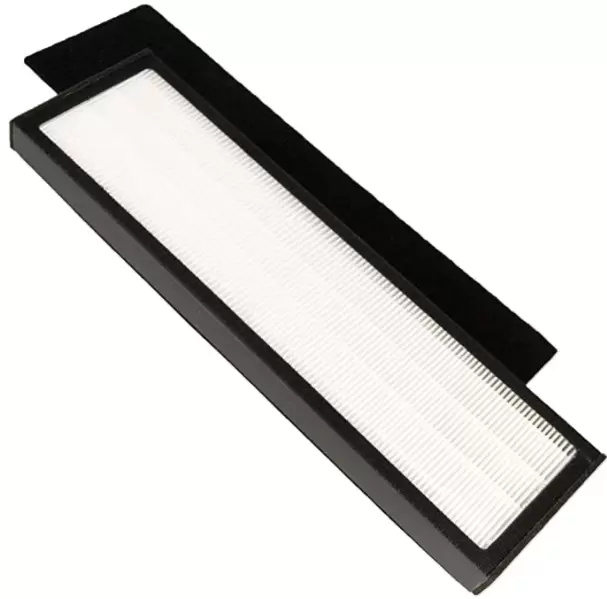Position: Home > About Us > News and Blog > Understanding Household Air Purifier Filters: Types and Functions
Understanding Household Air Purifier Filters: Types and Functions
Indoor air quality has become a significant concern in recent years, especially with the rise in environmental challenges such as wildfires, pollution, and allergens. Air purifiers have emerged as essential devices to combat these issues, ensuring that the air we breathe indoors is clean and safe. A critical component of these devices is the filter, which determines the efficiency and effectiveness of the purification process. Understanding the various types of air purifier filters and their functions can help consumers make informed decisions tailored to their specific needs.
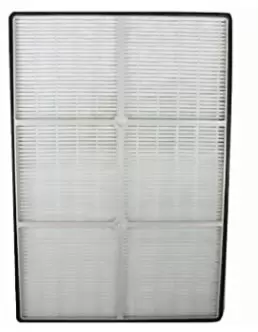
Types of Air Purifier Filters and Their Functions
Air purifiers utilize different filtration technologies, each designed to target specific contaminants:
1. HEPA Filters
High-Efficiency Particulate Air (HEPA) filters are renowned for their ability to capture at least 99.97% of particles as small as 0.3 micrometers. This includes common allergens like dust, pollen, mold spores, and even some bacteria and viruses. HEPA filters are composed of a dense mat of fibers that trap particles through mechanisms such as interception, impaction, and diffusion. Their effectiveness makes them a standard in medical facilities, laboratories, and households aiming for high air quality.
2. Activated Carbon Filters
Activated carbon filters are designed to adsorb gases and odors. They are highly effective at trapping volatile organic compounds (VOCs), smoke, and unpleasant smells, making them ideal for environments with chemical pollutants or tobacco smoke. The porous nature of activated carbon provides a large surface area for contaminants to adhere to, thereby removing them from the air.
3. UVGI (Ultraviolet Germicidal Irradiation) Filters
UVGI filters use ultraviolet light to inactivate airborne pathogens such as bacteria, viruses, and mold spores. By exposing these microorganisms to UV-C light, their DNA is disrupted, rendering them harmless. While UVGI is effective against biological contaminants, it is often used in conjunction with other filters to ensure comprehensive air purification.
4. Photocatalytic Oxidation (PCO) Filters
PCO filters employ a combination of ultraviolet light and a photocatalyst, typically titanium dioxide, to oxidize and decompose organic pollutants. This process effectively breaks down VOCs and other harmful substances into harmless byproducts like carbon dioxide and water. PCO technology is emerging in the HVAC industry due to its potential for improving indoor air quality and energy efficiency.
5. Electrostatic Precipitators
Electrostatic precipitators use electrically charged plates to capture particles from the air. As air passes through the device, particles receive an electric charge and are subsequently attracted to oppositely charged collector plates. While effective at removing particulate matter, these devices may produce trace amounts of ozone, a potential respiratory irritant.
en.wikipedia.org
6. Ionic Filters
Ionic filters release negatively charged ions into the air, which attach to airborne particles, causing them to settle out of the air or stick to surfaces. While they can reduce particulate matter, they do not remove particles from the environment entirely and may also produce ozone as a byproduct.
Importance of Filter Quality and Maintenance
The efficiency of an air purifier heavily depends on the quality and maintenance of its filters. High-quality filters, such as those produced by Newton Smart Technology (Suzhou) Co., Ltd., ensure optimal performance and longevity of the device. Regular maintenance, including timely replacement of filters, is crucial to prevent clogging and maintain airflow, thereby ensuring continuous purification efficiency.
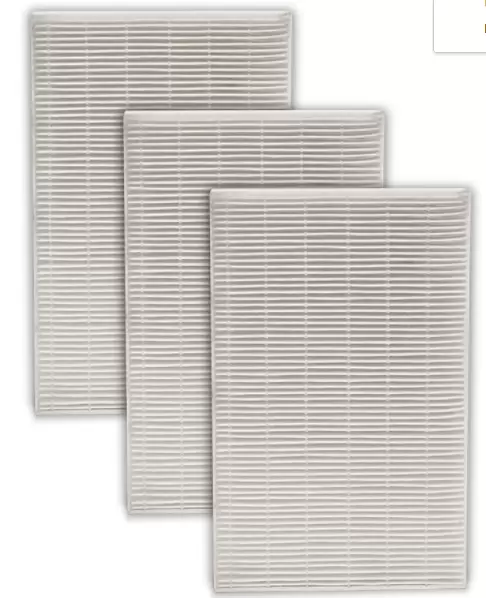
Air Purifier Filters Solution:Newton Smart Technology
Newton Smart Technology (Suzhou) Co., Ltd. specializes in the research, development, production, and sales of environmental protection equipment and accessories. Their core products include HEPA filters, filters, floor brushes, conductive straight tubes, conductive telescopic tubes, environmental protection equipment, and dust filter bags. These products are widely used in various environmental protection devices, catering to diverse customer needs. Additionally, they distribute EVA and PE products, showcasing their commitment to providing comprehensive solutions for air purification and environmental protection.
Selecting the Right Filter for Your Needs
Choosing the appropriate air purifier filter depends on specific indoor air quality concerns:
1. Allergies and Asthma: HEPA filters are highly effective in capturing common allergens like pollen, dust mites, and pet dander, making them ideal for individuals with allergies or asthma.
2. Odors and Chemical Pollutants: Activated carbon filters excel at adsorbing odors and VOCs, making them suitable for environments with chemical pollutants or strong odors.
3. Biological Contaminants: UVGI filters are effective against bacteria, viruses, and mold spores, providing an added layer of protection against biological contaminants.
4. Comprehensive Purification: Air purifiers that combine multiple filtration technologies, such as HEPA and activated carbon filters, offer broad-spectrum purification, addressing various contaminants effectively.
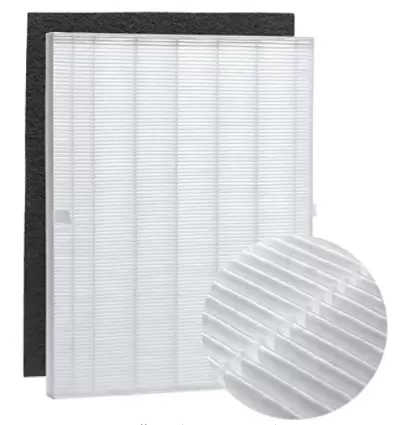
Conclusion
Understanding the different types of air purifier filters and their functions is essential to improving indoor air quality. Newton Smart Technology (Suzhou) Co., Ltd. can provide high-quality filtration solutions that meet your needs. Welcome to contact us.


